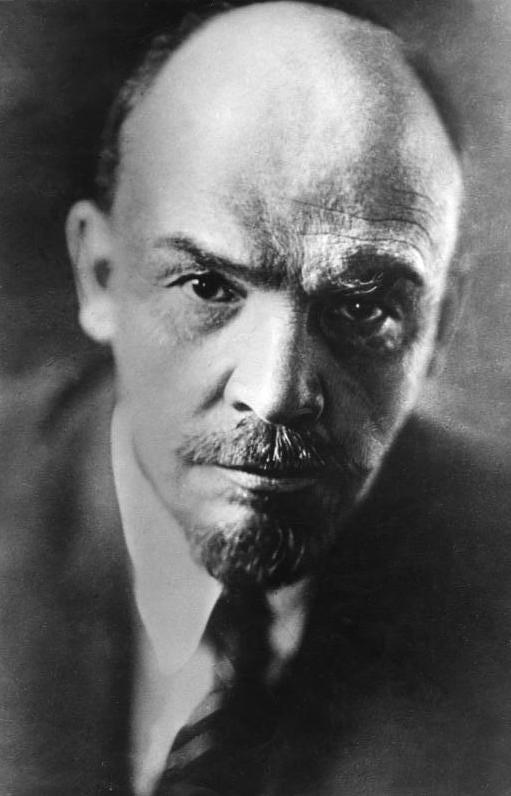"A look at Leninism" is a pamphlet written
by Ron Taber, a member of a small left-wing group known as the Revolutionary
Socialist League (RSL). The RSL called themselves Trotskyists, but later
disbanded and became anarchists. The ex-RSL were heavily involved in two
anarchist groups with the rather fanciful names Love & Rage and Fire By
Night.
For rather obvious reasons, Taber's little book is very "in house" and probably of interest only to Trotskyists and anarchists (very dogmatic Communists will probably vomit all over the floor reading it). Taber's argument is essentially that the degeneration of the Russian revolution wasn't simply Stalin's fault or the result of "objective conditions". The rabbit hole goes deeper. Taber argues that Lenin's political program and philosophy is responsible. Lenin believed in absolute truth, a declassed vanguard party, the right of the vanguard party to rule by force, hierarchy, iron discipline and a certain dose of Jesuitism. A more esoteric argument is that Lenin regarded the future revolution as "bourgeois" and capitalist rather than socialist.
All this sounds familiar. What's curious about the pamphlet is Taber's strongly idealist slant. Apparently, the ideas in Lenin's head made him do it! There is no analysis of the material conditions in Russia which made the Bolshevik Party successful, nor does Taber explain why Communism failed in Western Europe or North America. Lenin might have had whatever ideas he wished, but in a different political climate, the Bolsheviks might have remained weak. I don't doubt that Lenin strived for centralized one party rule (the entire logic of Bolshevism points in such a direction), but Taber's view is a kind of bogeyman version of history, where the evil genius Lenin steps forward, armed with Absolute Truth, and somehow conquers. But how?
Ironically, Taber is sometimes pretty dogmatic himself. Thus, he calls the Soviet Union "state capitalist". The author doesn't want to face the fact that the Soviet Union was socialist or "state socialist". In what meaningful sense was the abolition of the market during War Communism "capitalist"? Or Stalin's forced collectivizations? The term "state capitalism" is meaningless in these contexts, except as a term of opprobrium. Taber also seems to identify "state capitalism" (and capitalism in general?) with hierarchy and bureaucracy. This isn't entirely convincing either. While there must be *some* kind of hierarchy in a capitalist system, it might be relatively hidden, as in "flat organizations" or capitalist societies with a large amount of formal equality between the sexes, races, etc. "Workers' self-management" might also become capitalist, if the non-hierarchic firms are permitted to compete against each other on a free market. Conversely, other systems might be hierarchic and bureaucratic. A system where the state takes over and runs the entire economy in a centralized fashion will obviously become hierarchic, but such a system was proposed already by Marx and Engels in "The Communist Manifesto". Where they "state capitalist"? Since the RSL eventually became anarchists, I suppose they later drew this conclusion.
There is yet another problem with "A look at Leninism". I happen to know who this author is. He was the *leader* of the RSL. He constantly attempts to portray the RSL as a benign left-wing group. In reality, RSL were just as nasty, weird and cultish as most other small, left-wing grouplets during the 1970's. They purged dissidents on a semi-regular basis. Honestly, what's the difference between Ron Taber, James Robertson and Tim Wohlforth? The author's anti-Leninist conversion might have been more convincing, had he included a little self-criticism of his own group...
The guard is tired. It's time to go home.

No comments:
Post a Comment